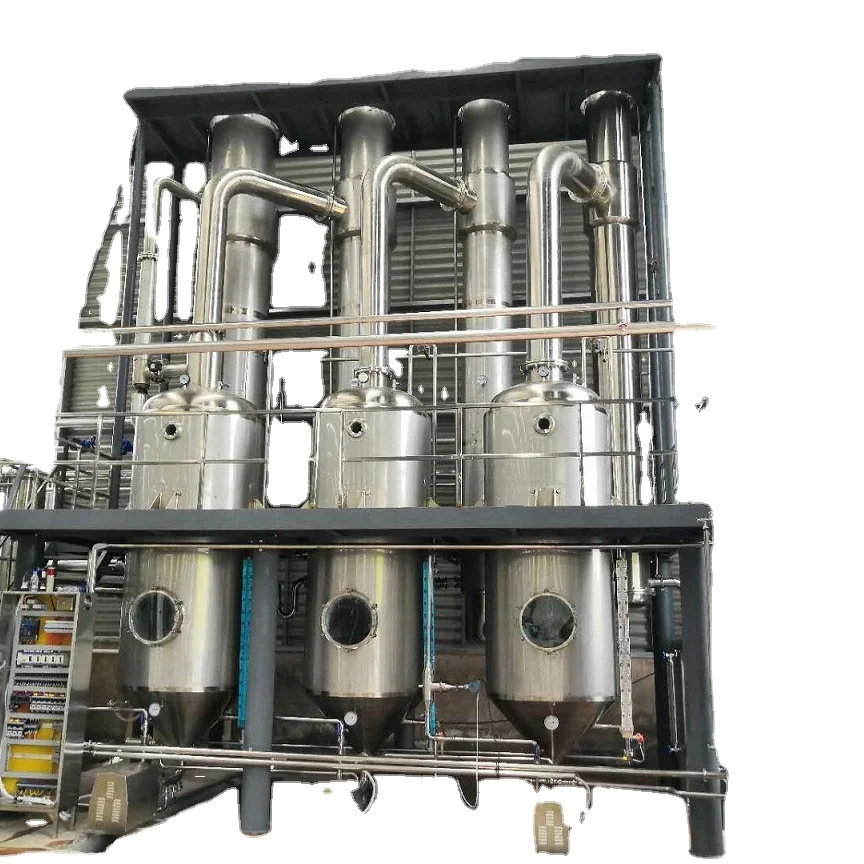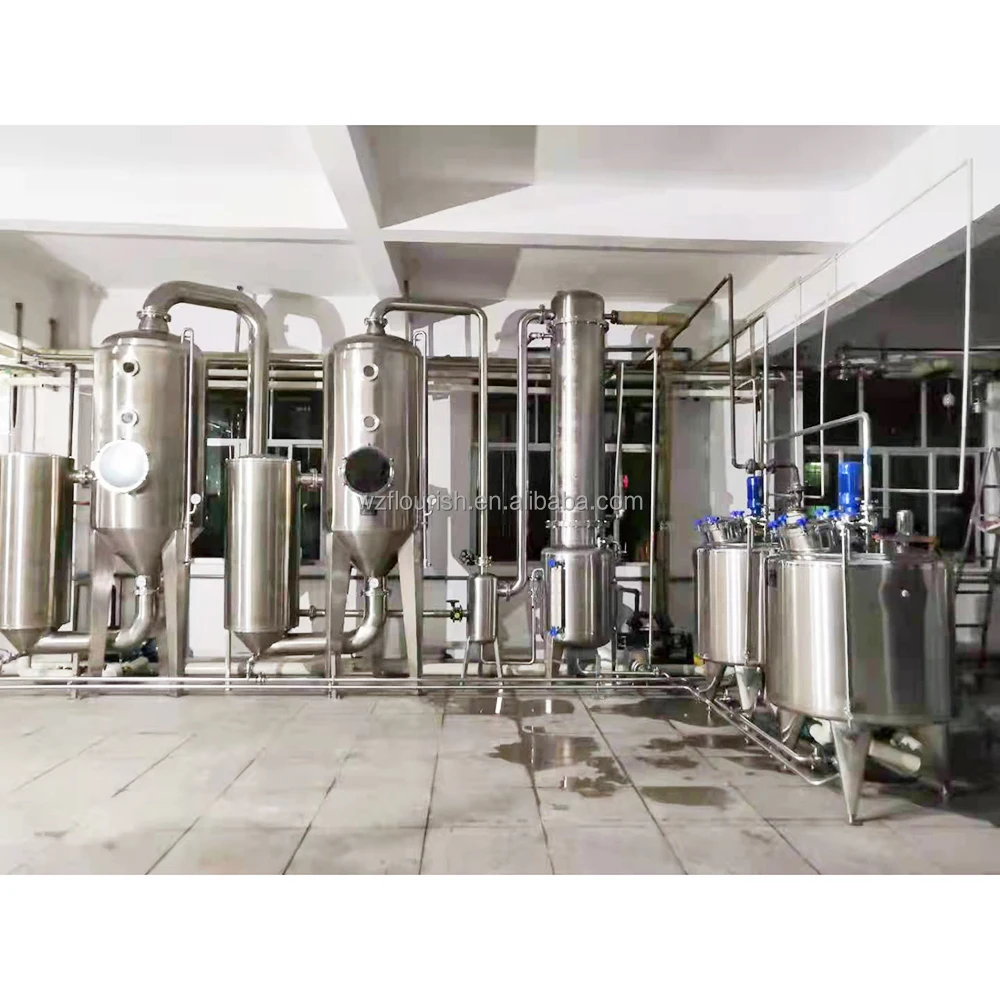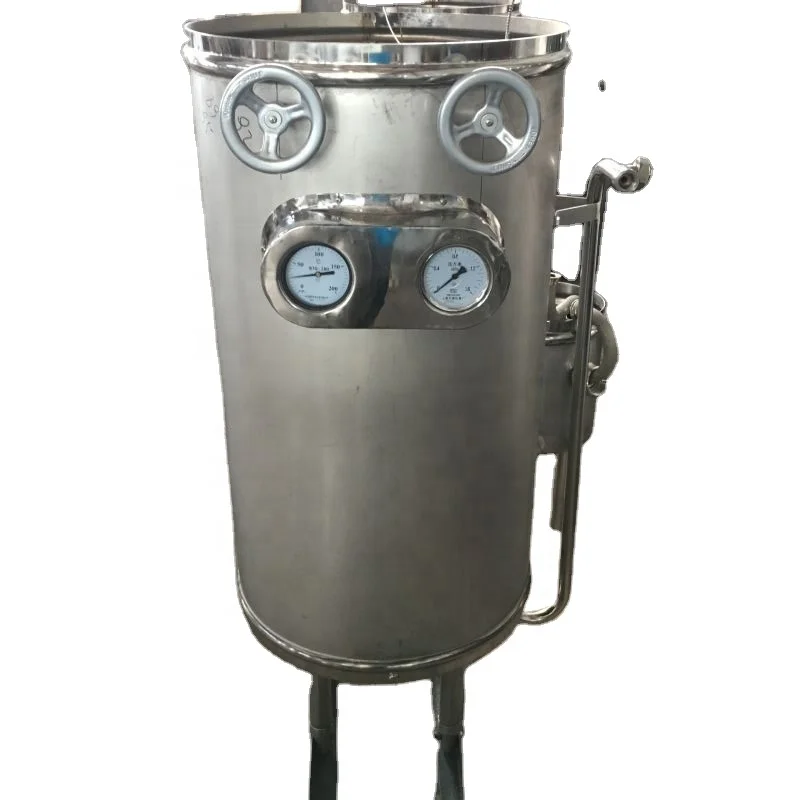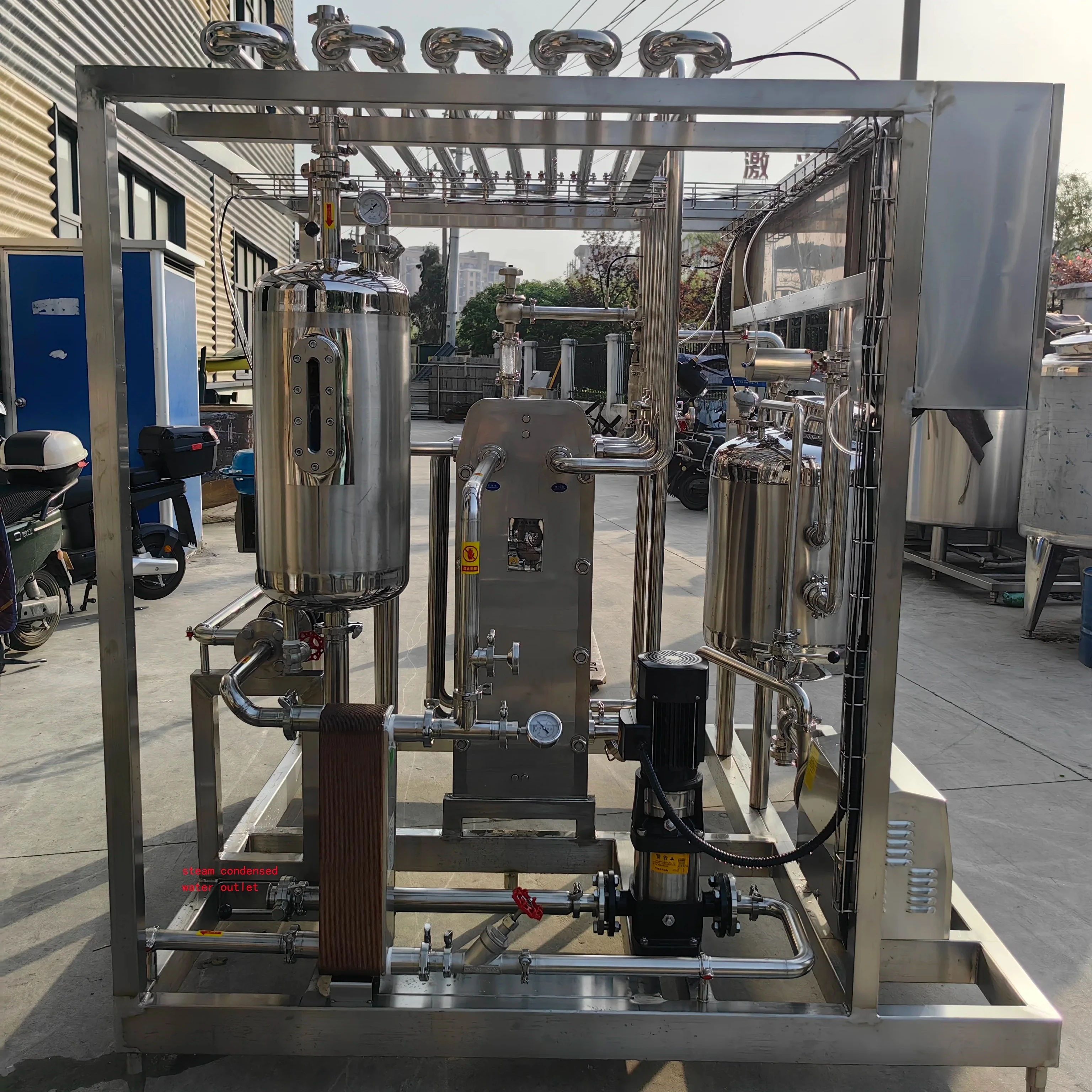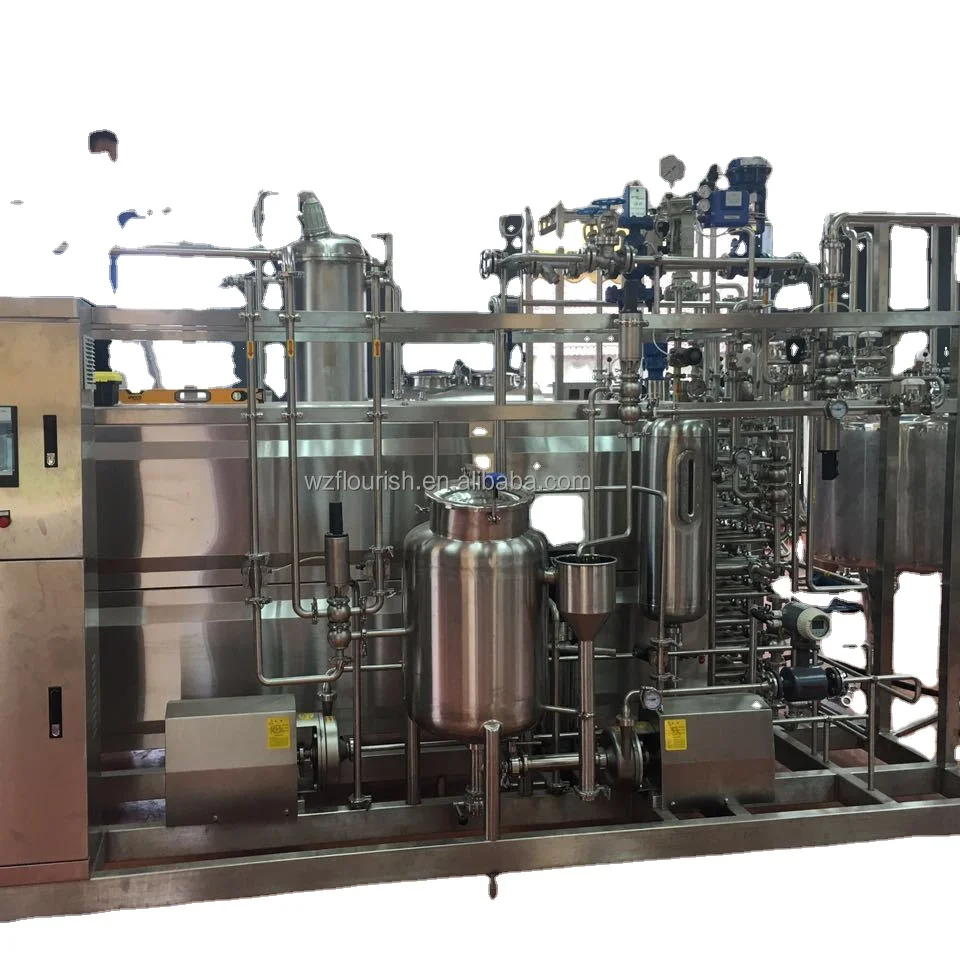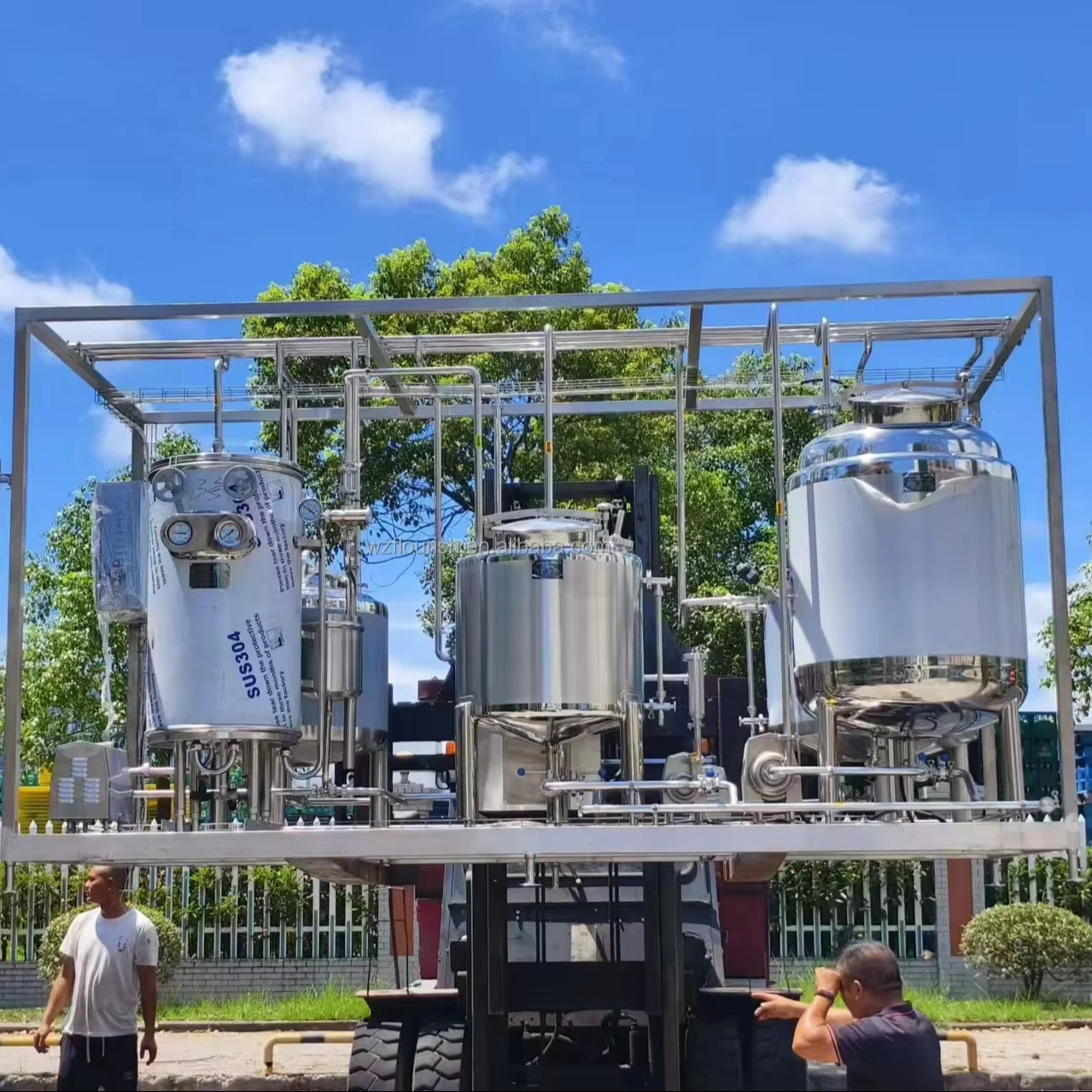ABOUT
Wenzhou Vince Machinery Science Co., Ltd. was established in early 1980s. Our company covers an area of 6500 square meters and is an independent legal representative firm, possessing rich economic technology strength. Our company is a high tech enterprise and plays an important role in national dairy, foodstuff, pharmacy and machinery industries. We are a beverage machinery supplier.
Since the establishment, our company has mainly engaged in dairy products, foodstuff, beverage machinery, bean products, yellow wine, medicines and fermentation projects. What's more, our company supplies a complete sequence services in manufacturing, installation, test and personnel train, as well as the whole direction service design and consulting service on product project construction or enlargement artistic distribution engineering sets budget.
PRODUCTS
Understanding the Types of Juice Evaporators
Juice evaporators are essential equipment used in the food and beverage industry to concentrate juice by removing water. This process increases the shelf life of the juice, reduces storage and transportation costs, and allows for the production of concentrated juices for later reconstitution. Understanding the different types of juice evaporators and their principles of operation is crucial for selecting the most suitable equipment for specific needs and ensuring optimal efficiency and product quality.
Types of Juice Evaporators
There are several types of juice evaporators, each with unique characteristics and advantages. The most common types include:
1. Falling Film Evaporators
Falling film evaporators are widely used in the juice industry due to their high efficiency and gentle processing. In this type of evaporator, the juice flows down a heated surface as a thin film. The heat transfer rate is high, and the juice experiences minimal residence time, reducing the risk of thermal degradation and preserving flavor and nutrients. Falling film evaporators can handle a wide range of juice types, including those with high viscosity or containing suspended particles.
2. Forced Circulation Evaporators
Forced circulation evaporators utilize a pump to circulate the juice through the evaporator. The constant circulation ensures uniform heating and prevents the juice from sticking to the heat transfer surface. This type of evaporator is suitable for highly viscous juices and those with a high concentration of solids. However, the high energy consumption associated with pumping can be a drawback.
3. Plate Evaporators
Plate evaporators consist of a series of parallel plates that create narrow channels for the juice to flow. These plates are heated on one side, and the juice is heated as it flows through the channels. Plate evaporators offer high heat transfer rates and efficient use of energy. However, they may be more sensitive to fouling, and cleaning can be challenging.
4. Short Tube Evaporators
Short tube evaporators are characterized by their short, vertical tubes where the juice flows. The juice is heated and evaporated as it passes through the tubes. Short tube evaporators are generally less expensive than other types and are suitable for juices with low viscosity. However, they may require higher steam pressures and have lower heat transfer rates compared to other types.
5. Vacuum Evaporators
Vacuum evaporators operate at reduced pressure, which lowers the boiling point of the juice. This allows for lower operating temperatures, reducing the risk of thermal degradation and preserving flavor. Vacuum evaporators are particularly suitable for heat-sensitive juices.
Selection Criteria for Juice Evaporators
The selection of the most suitable juice evaporator depends on various factors, including the type of juice, the desired concentration level, processing capacity, budget, and energy efficiency. It is essential to consider these factors carefully to ensure optimal performance and product quality.
By understanding the different types of juice evaporators and their characteristics, manufacturers can select the most suitable equipment for their specific needs and ensure efficient juice concentration while preserving the desired quality.
SUBSCRIBE
INQUIRY

